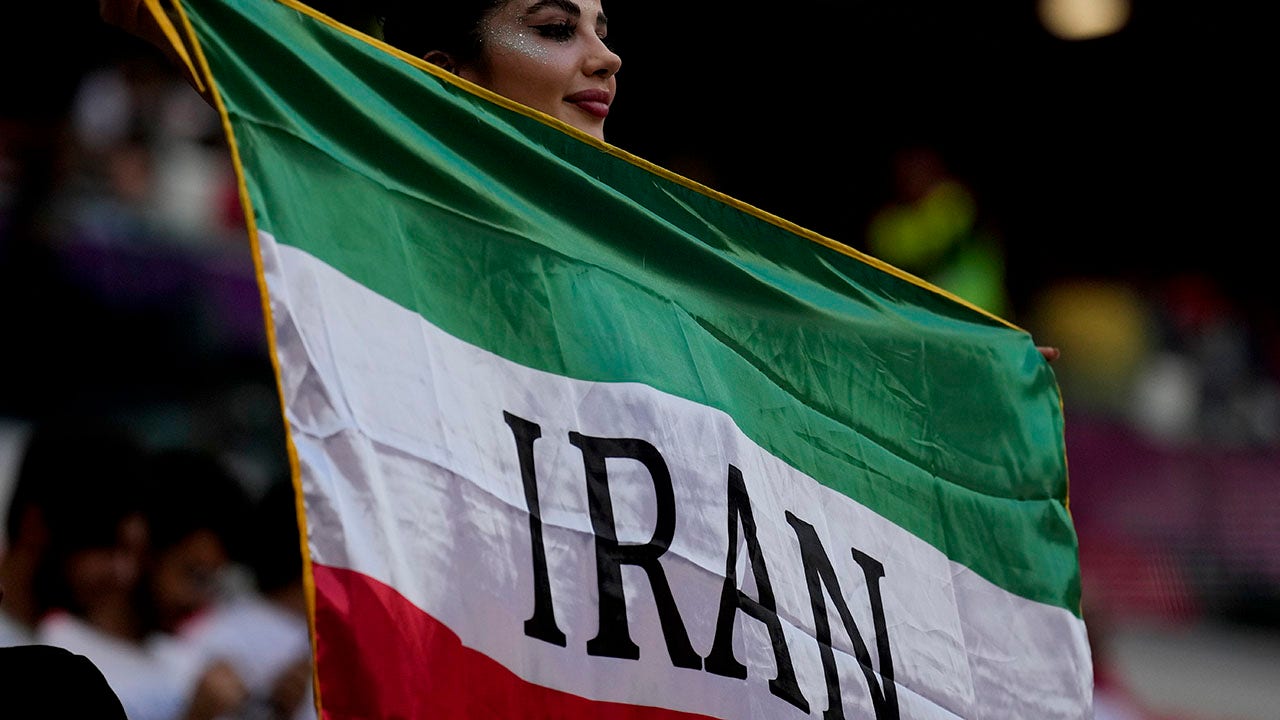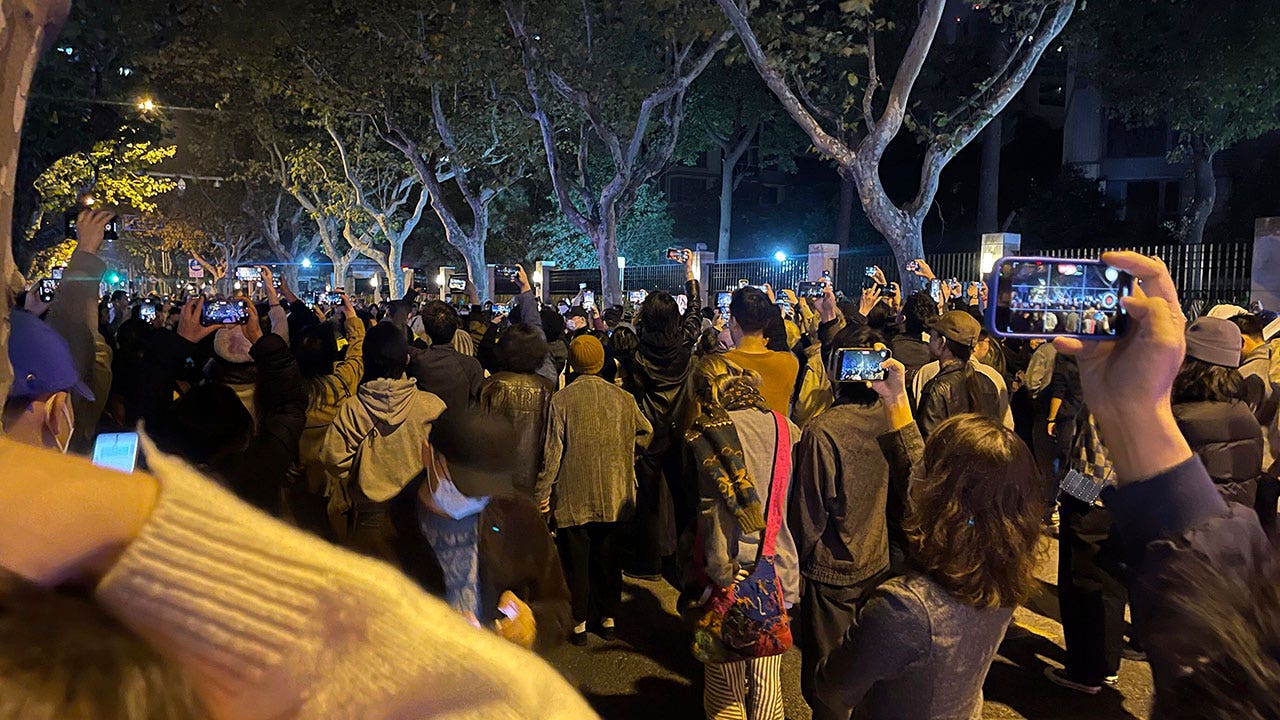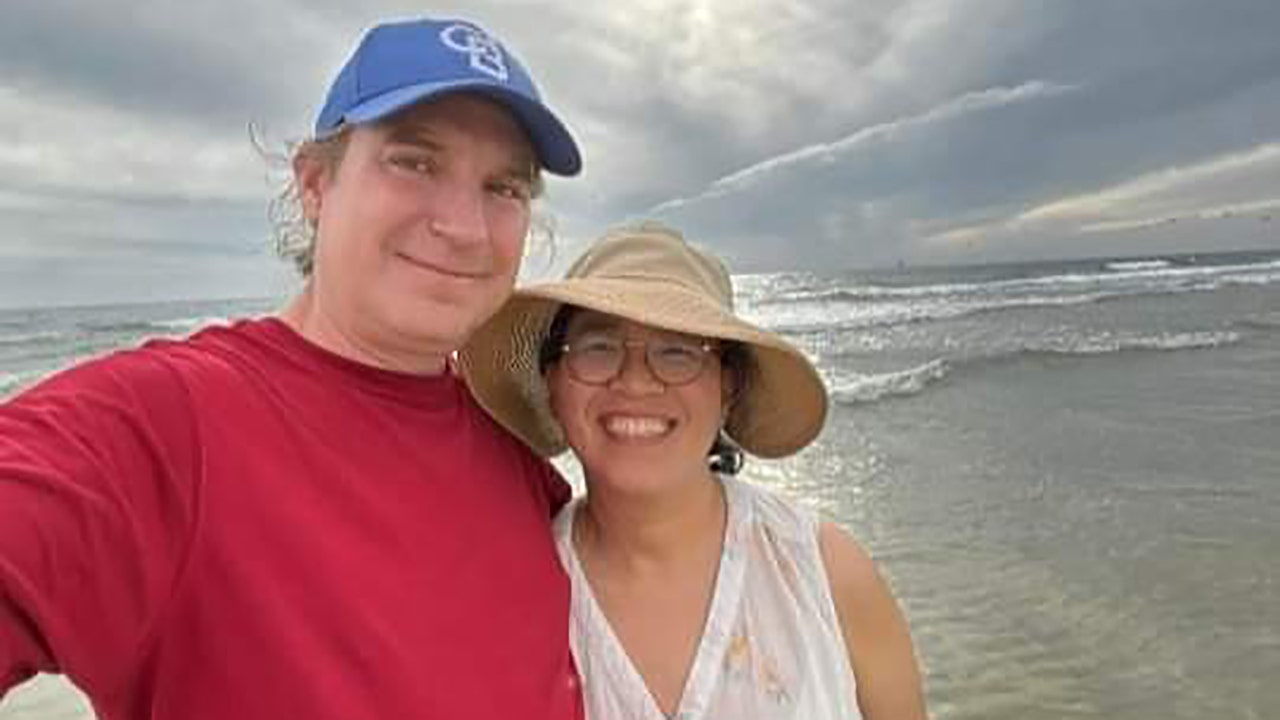SEOUL — conflicts leader kim-jong-un” target=”_blank”>Kim Jong Un< to counter what he called military instability on the Korean Peninsula, but largely ignored the U.S. and South Korea in a year-end speech.
Closing out a five-day Workers’ Party plenary session Friday, Mr. Kim largely stuck to domestic affairs, talking up major housing projects, rural development to overcome food shortages and the need to keep the country’s fight against Covid-19 a priority, according to a state-media report.
Mr. Kim made no reference to President Biden or the U.S., while he brought up inter-Korean relations just once. The military environment on the Korean Peninsula is unstable, Mr. Kim said, requiring that the country’s defenses “be further powerfully propelled without a moment’s delay.”
The party meetings coincided with the 10-year anniversary of the formal rise to power for North Korea’s 37-year-old, third-generation dictator after his father’s death in December 2011.
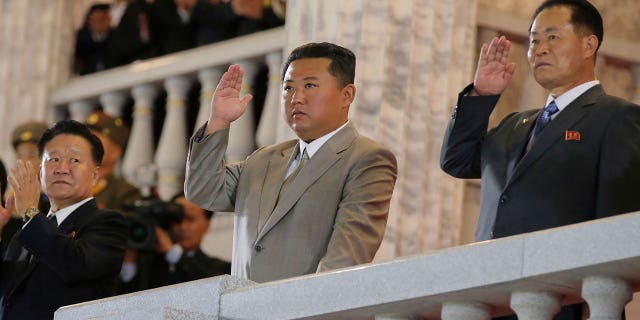
North Korean leader Kim Jong Un, center, waves from a balcony toward the assembled troops and spectators during a celebration of the nation’s 73rd anniversary at Kim Il Sung Square in Pyongyang, North Korea, Sept. 9, 2021.
(Associated Press)
NORTH KOREA ASKS TROOPS FOR GREATER LOYALTY TO KIM JONG UN AMID 10TH ANNIVERSARY OF POWER
North Korean leaders for decades gave televised Jan. 1 addresses, which often touched on foreign affairs. But in recent years, Mr. Kim has skipped such speeches, with no indication he would deliver one on Saturday.
Inward turn
The Kim regime has turned inward during the pandemic, having sealed off its borders to ward off Covid-19 and ignoring outreach by the U.S. and South Korea. Pyongyang’s economy has faltered, while Mr. Kim has urged self-reliance to navigate what he has called the country’s worst-ever crisis.
Mr. Kim’s focus on local issues reflects no significant changes to North Korea’s domestic situation or the outside circumstances surrounding the country, leaving little justification to shift tactics with Washington and Seoul, said Rachel Lee, a nonresident fellow at 38 North, a website focused on North Korea.
The wait-and-see approach could shift based on external changes, such as the outcome of South Korea’s presidential election in March. But the Kim regime in recent years hasn’t shut the door on diplomacy, Ms. Lee added. “So if and when it decides to start reengaging, it would not look strange to the North Korean people,” she said.
Other North Korea analysts said Mr. Kim’s plenary speech highlighted where the country’s priorities were—and weren’t—at the moment. “The exceptionally short mention of inter-Korean relations and foreign policy suggests North Korea is not ready to engage with South Korea or the U.S. this year,” said Cheong Seong-chang, a North Korea analyst at the Sejong Institute, a private think tank near Seoul.
Previous addresses
In the past, Mr. Kim has used Jan. 1 addresses to unveil major policy shifts and deliver messages to the U.S. and South Korea. In 2018, he made a surprise announcement to send a top-level delegation to the Winter Olympics in South Korea, while also noting that a “a nuclear button is always on the desk of my office”
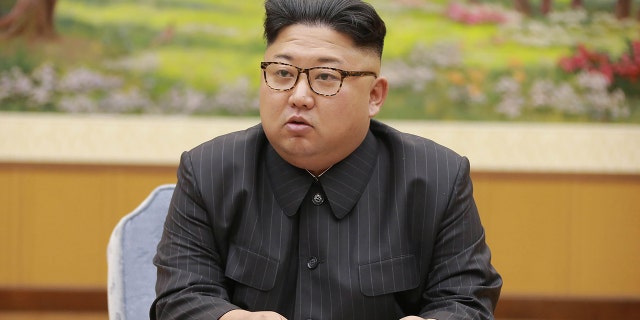
North Korean leader Kim Jong-Un is seen at a meeting with a committee of the Workers’ Party of Korea about the test of a hydrogen bomb, at an unknown location, Sept. 3, 2017.
(Getty Images)
In 2019, Mr. Kim used the address to reinforce a willingness to meet then-President Donald donald-trump” target=”_blank”>Trump<. Talks haven’t made any discernible progress since. A year later, he skipped a televised appearance, with state media reporting on a lengthy policy speech made the prior day urging North Koreans to dig in for a protracted period of sanctions.
In 2021, Mr. Kim’s only messaging was a short letter published in the country’s main newspaper, thanking citizens.
In his Friday speech, Mr. Kim said it would be another “great life-and-death struggle” for the coming year.
“Pyongyang was focused internally on solving its economic problems with little focus on the outside world,” said Bruce Klingner of the Heritage Foundation, a conservative think tank. “While the lack of bombastic threats is welcome, there was little in this year’s message to suggest a resumption of dialogue or negotiations.”
Write to Timothy W. Martin at timothy.martin@wsj.com and Dasl Yoon at dasl.yoon@wsj.com
 Iktodaypk Latest international news, sport and comment
Iktodaypk Latest international news, sport and comment

